Exercise is an essential part of any healthy lifestyle, but sometimes you can have too much of a good thing. Many of us know that the more you workout, the more you’ll improve, but there is a tipping point. Too much exercise without enough rest can lead to overtraining and can impact your health and overall well-being.
What is Overtraining?
Overtraining occurs when an athlete does not recognize they have exceeded their body’s ability to recover from a workout. In essence, the body is no longer able to perform at optimal levels because of lack of rest and recovery. If overtraining persists, then an athlete can develop Overtraining Syndrome (OTS). Most often an athlete will experience a decline in their performance, but there are other symptoms as well:
Increased muscle soreness
Recurring or persistent injuries such as strains and stress fractures
Muscle stiffness
Difficulty sleeping or insomnia
Depression or moodiness
Why is Rest Important?
Rest is just as important as training. It is a time for your body to repair itself, especially after a hard workout. Learn more about why rest is so important here!
How to Prevent Overtraining?
There are many things you can do to prevent overtraining. The first and most important thing is to incorporate adequate rest. Rest will vary from person to person, but you should aim for at least one day off from training a week. It is also important to recognize the signs of overtraining and to adjust your training accordingly. Another essential element to prevent overtraining is to get enough sleep in order to allow your body to recover. Finally, proper nutrition can play an essential role in how well your body is able to recover after a workout.


